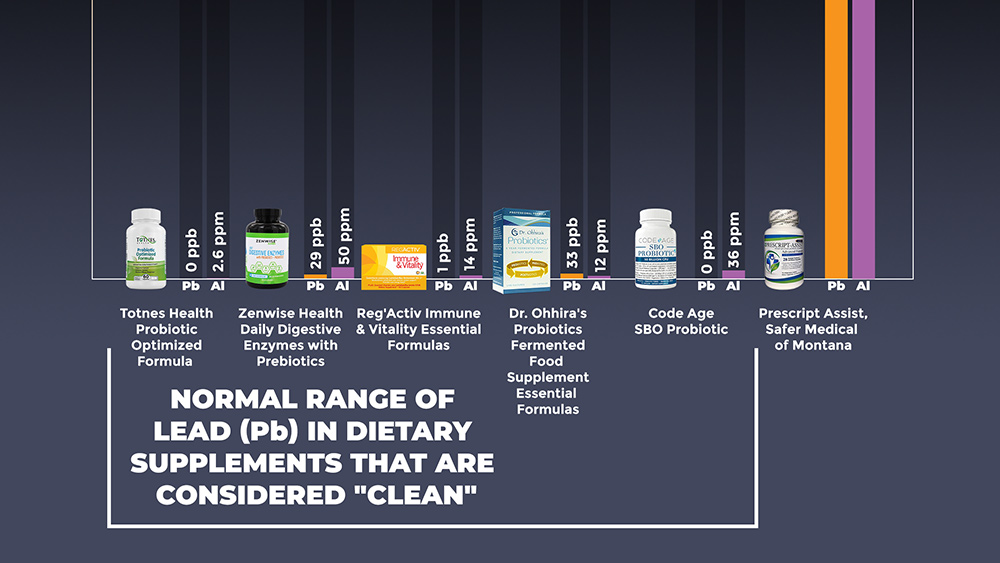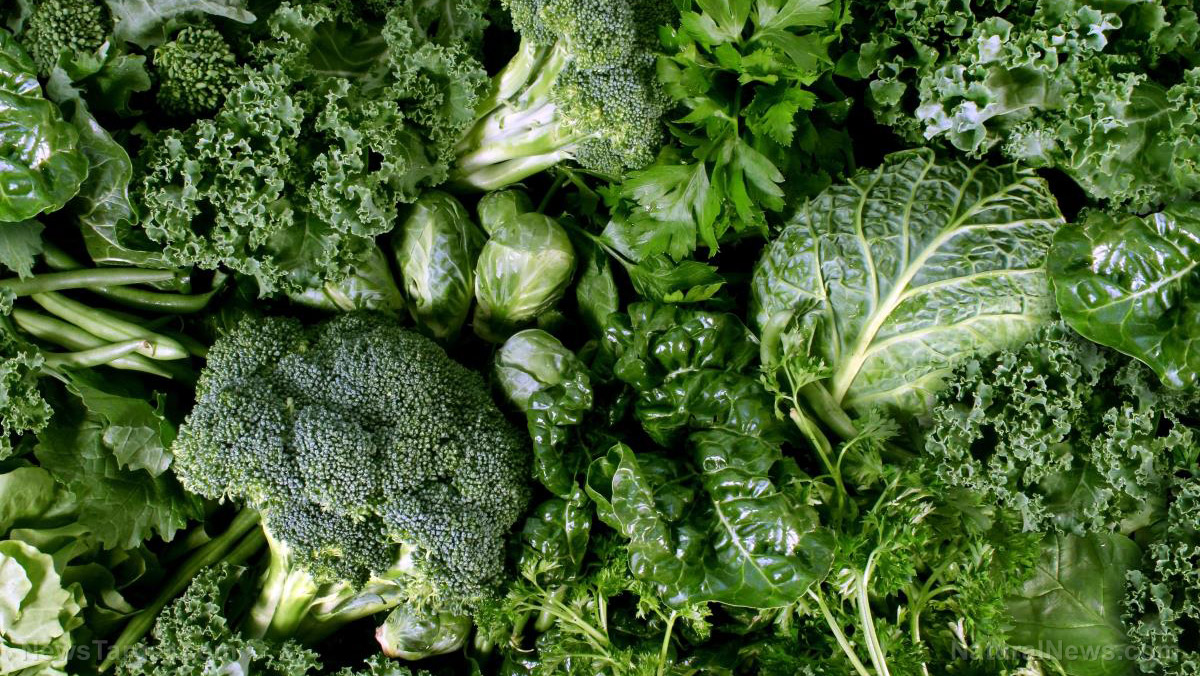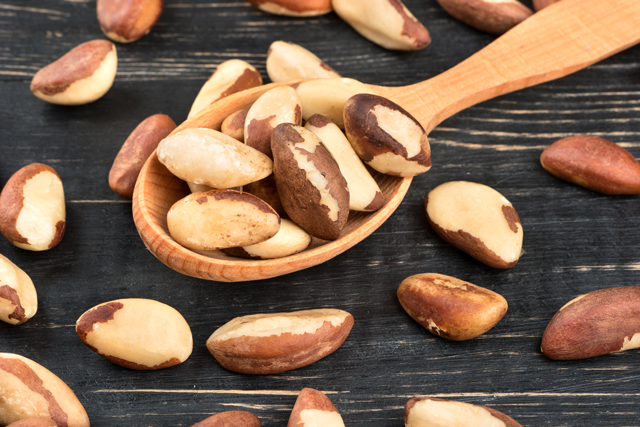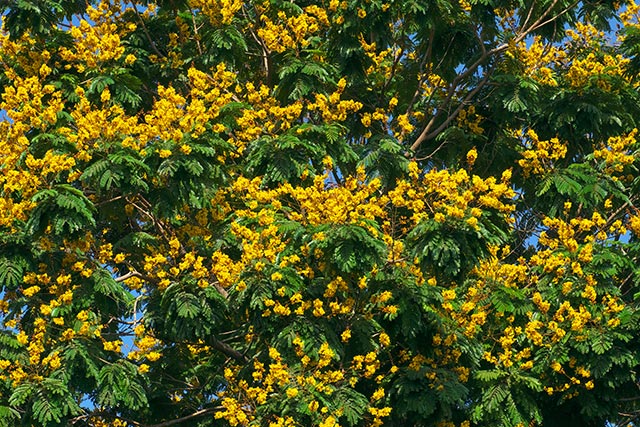Your liver loves schisandra extract: Research shows these berries reduce risk of NAFLD, liver dysfunction
07/30/2019 / By Edsel Cook
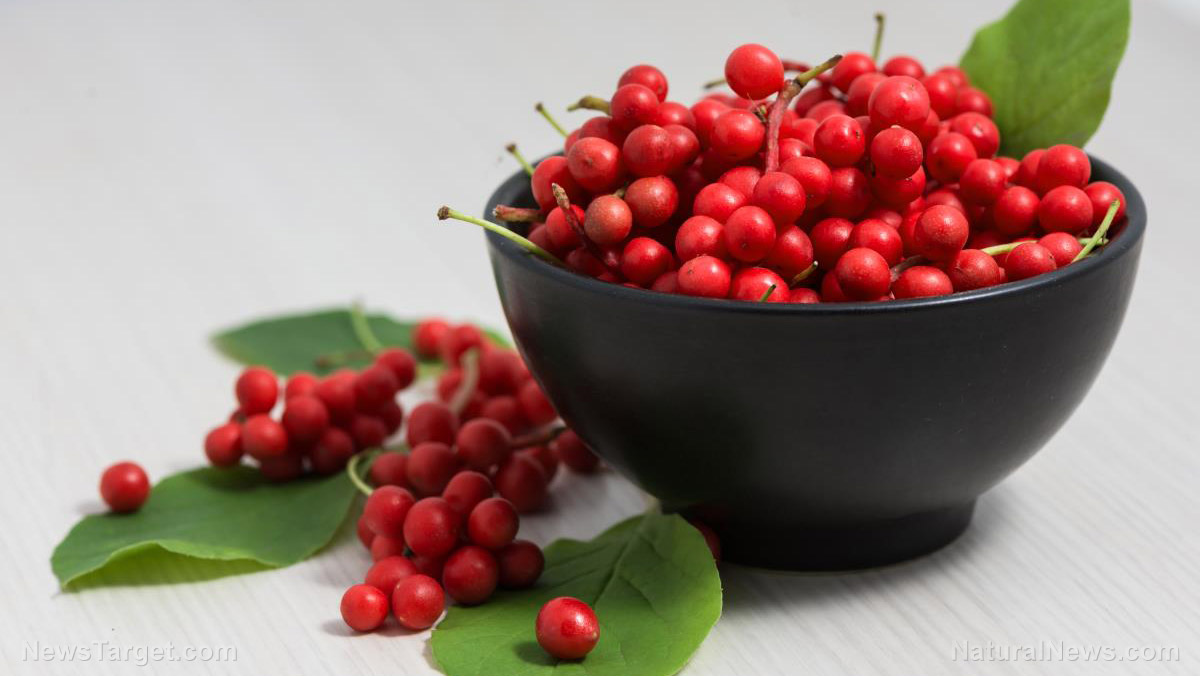
The berries of Schisandra sphenanthera displayed protective effects on the liver. Chinese researchers showed that an extract made from the dried fruit could delay the progression of non-alcoholic fatty liver disease.
A cousin to the five-flavor fruit (Schisandra chinensis) favored by natural health practitioners, S. sphenanthera is also extensively used in China. Its fruits undergo drying and extraction processes to produce an ethanol extract called Wuzhi.
Traditional Chinese medicine prescribes Wuzhi as a medicinal herb for various illnesses. In modern times, China registered the encapsulated form of the extract as a proper medicine in the country’s official pharmaceutical index.
A research team from the Second Military Medical University (SMMU) in Shanghai, China tested the potential effects of Wuzhi capsules on mice with non-alcoholic fatty liver disease. They based their animal model on earlier findings that indicated the Schisandra supplement protected the liver from acute toxicity and managed the proper functions of the organ. The previous studies did not identify the mechanism by which Wuzhi supplements inhibited liver steatosis. (Related: Preventing liver steatosis with five-flavor fruit.)
The potential hepatoprotective properties of Schisandra extract
To induce dysfunctions in the liver, the SMMU researchers placed 80 mice on a diet with low levels of the nutrient choline and the amino acid methionine. They also set up a control group that received a regular diet and supplements of the nutrients.

|
Discover how to prevent and reverse heart disease (and other cardio related events) with this free ebook: Written by popular Natural News writer Vicki Batt, this book includes everything you need to know about preventing heart disease, reversing hypertension, and nurturing your cardiac health without medication. Learn More. |
In addition to the unhealthy diet, some of the mice received daily doses of Schisandra extract powder taken from Wuzhi capsules. The dosage ranged from 50 mg/kg of body weight each day to a whopping 1,000 mg/kg of body weight.
The supplementation period lasted for five weeks. Every week, the researchers measured the body weight and food intake of the mice. At the end of the trial, they sacrificed the animals and harvested the livers for analysis of inflammation, hepatic steatosis, and necrosis-related inflammation.
They also collected serum samples for evaluation of alanine transaminase levels in the blood. Doing so allowed them to identify the most effective dose of Wuzhi supplement if it turned out to be beneficial for the animals.
Schisandra improves the metabolism of the liver while preventing harmful inflammation
The SMMU researchers found much lower levels of inflammation, necrosis, and steatosis in the liver of mice that received Wuzhi supplements. Animals that took the Schisandra powder also displayed a slightly high but still healthy ratio of liver-to-body weight when compared to untreated animals.
They were also able to identify the mechanisms that allowed Schisandra to protect the liver from the harmful effects of fatty diets. Schisandra downregulated the activity of the NF-kB signaling pathway. Doing so reduced the occurrence of inflammatory responses associated with that signaling molecule. At the same time, it left anti-inflammatory cytokines alone, leading to much lower levels of inflammation.
Furthermore, the Schisandra extract upregulated the expression of peroxisome proliferator-activated receptors (PPAR). PPARs controlled the production of enzymes that capped the rate at which mitochondria converted lipids into useful products. Higher expression of PPARS led to improved metabolism, which lowered the concentration of fats that would otherwise accumulate inside the liver.
Last but not least, they determined that the 250 mg/kg dose of Schisandra extract achieved the best balance of dosage and beneficial effects. They published their findings in the February 2019 issue of the science journal Biomedicine & Pharmacotherapy.
Given the results of their experiments, the researchers concluded that the Schisandra extract in Wuzhi supplements protected the liver against steatohepatitis stemming from a deficiency in choline and methionine. They added that Wuzhi and other natural supplements derived from S. sphenanthera offered potential therapeutic options for human patients with non-alcoholic fatty liver disease.
Sources include:
Tagged Under: alternative medicine, herbal medicine, Herbs, liver damage, liver disease, liver health, natural cures, natural medicine, non-alcoholic fatty liver disease, schisandra, steatohepatitis, traditional Chinese medicines

